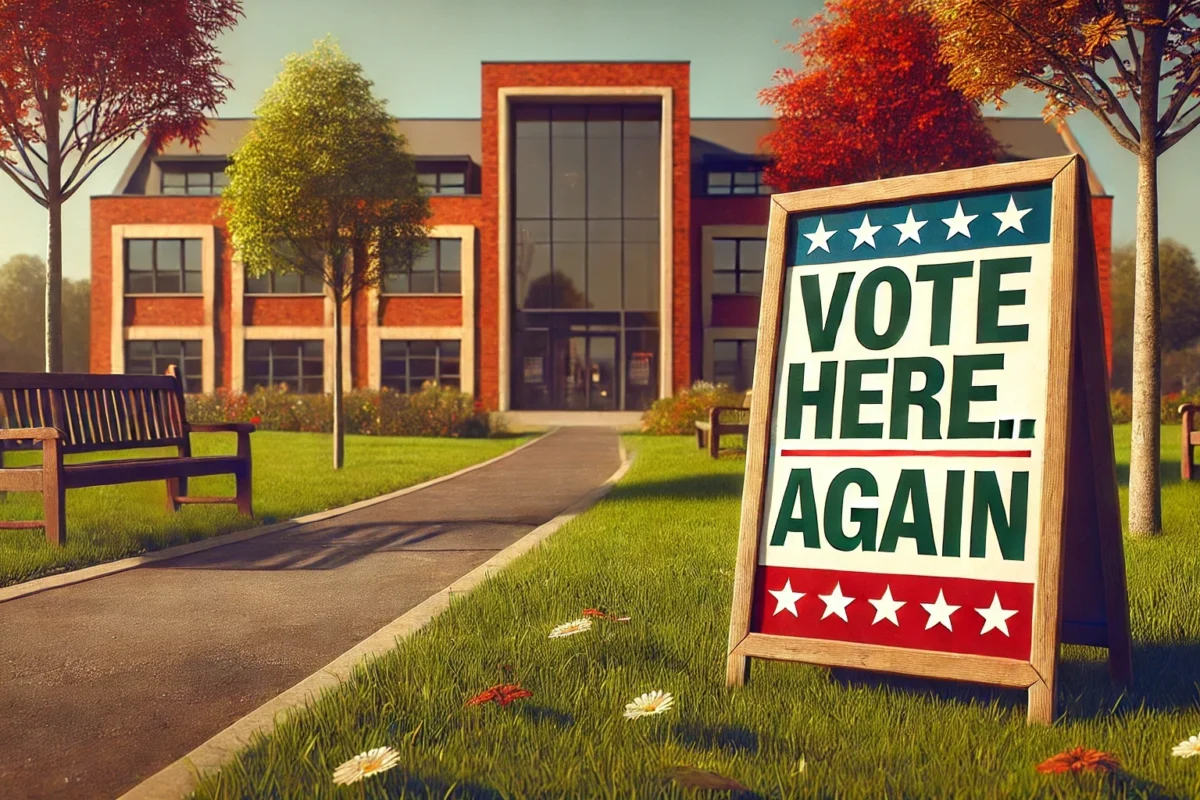By FOCUS, A Leonine Business
With the 2024 elections leaving several state legislatures with razor-thin majorities, post-November special elections could reshape party control in states like Minnesota, highlighting the current hyper partisan political climate and the high-stakes nature of elections.
Minnesota’s House of Representatives found itself in a rare 67-67 tie following the November elections, forcing Democrats and Republicans to establish a power-sharing agreement with co-speakers and committee co-chairs. The situation quickly changed, however, when a court ruled that a newly elected Democratic legislator from Minneapolis did not meet residency requirements, giving Republicans a one-seat advantage in the chamber.
This decision has prompted a special election on January 28, just two weeks after the legislative session is scheduled to begin on January 14. With control of the chamber riding on the outcome of this election, legislative work is expected to be minimal until the results are in. Adding to the tension, some Democrats have hinted at boycotting the session entirely, potentially denying Republicans the quorum needed to conduct legislative business.
One day after the court’s ruling on the residency requirement, tragedy struck the Minnesota Senate when Sen. Kari Dziedzic, D-Minneapolis, passed away from cancer, leaving the chamber deadlocked at 33-33. Her replacement will also be determined in the January 28 special election, further heightening the stakes in the state’s political landscape.
Nearby in Michigan, Democrats saw their majority shrink to 19-18 in the state Senate, after the resignation of Sen. Kristen McDonald Rivet, D-Bay City. Democratic Gov. Gretchen Whitmer is expected to call a special session to address the vacancy. Republicans are optimistic about their chances of taking the seat, which would result in a deadlocked Senate. Meanwhile in Virginia, Democrats managed to hold onto their narrow legislative majorities by winning two special elections in early January. With regularly scheduled elections set for November of this year, the party is hoping to expand its slim majorities and reclaim the governorship.
The razor-thin margins in state legislatures underscore the high-stakes, hyper-partisan climate of American politics. As special elections reshape control in pivotal states like Minnesota, Michigan, and Virginia, every vote and seat becomes crucial. The outcomes of these elections will not only determine party control but also set the tone for policymaking in 2025 and beyond. Voter engagement in these contests highlights how even the smallest electoral shift, judicial ruling or act of fate can have significant and far-reaching impacts. FOCUS will continue to monitor special elections and the balance of power in state legislatures across the country.
By Will Beacom – February 14th, 2025


